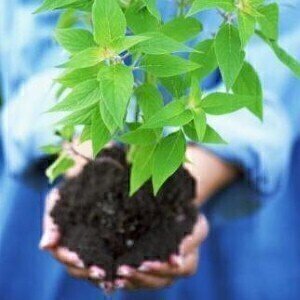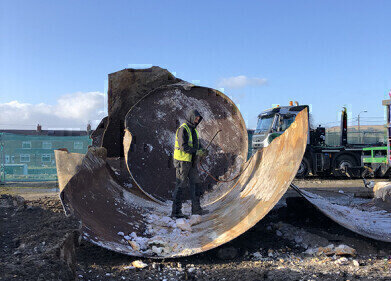Soil Remediation
Decontamination work in Japan is slow process
Dec 31 2012
The work to decontaminate the village of Iitate following one of the worst nuclear disasters the world has ever seen is a slow process.
Iitate used to have a population of 6,000 people but was evacuated following the accident at the Fukushima Daiichi nuclear power plant, which is just 25 miles away.
A month after the earthquake and tsunami struck the coast of Japan in 2011, causing devastation to the nuclear power plant, the Nuclear and Industrial Safety Agency raised the grading of the event from a 5 to a 7.
This brought it on a par with Chernobyl, despite there being limited exposure to members of the public.
According to a report by CNN, work is ongoing to make the village habitable again.
Only residents in the nursing home were allowed to remain in the village, but there is repetitive work to clean up the housing and remove contaminated soil.
This involved wiping down buildings, cleaning streets using high pressure hoses and clearing the top layer of dirt away from the ground.
The mayor, Norio Kanno, says the work is endless, but that the village has to make some progress in order to stay positive.
“We have a responsibility to clean up and decontaminate this land. I can't accept the idea that we give up. And it's hard for some people to just start a new life elsewhere,” he told CNN.
However, some people in the contamination zone question whether these methods are even necessary.
Nobuyoshi Ito is a farmer from Iitate. He refused to leave the village, and has instead been monitoring the effects of radiation on his crops.
He explained the New Scientist that after collecting rice and vegetables from 17 fields, he has concluded that the crops contain relatively low levels of caesium.
Indeed, the highest levels were still well below the government’s safety limit, he also noticed that winter weather reduces the impact of radiation.
“Since the first snowfall, radioactivity levels on my farm have almost halved,” he said.
Posted by Lauren Steadman
Events
May 05 2024 Seville, Spain
May 13 2024 Munich, Germany
May 23 2024 Beijing, China
May 23 2024 Beijing, China
Jun 10 2024 Algiers, Algeria













